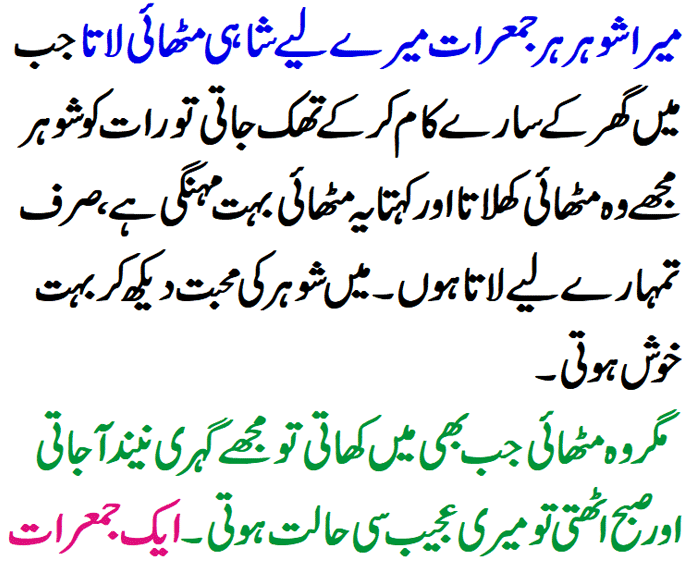
Shedding weight is a common goal, but navigating the world of food and weight loss can be confusing. What should you eat more of, and what should be off-limits? Can certain foods magically accelerate weight loss? The truth is, there are no miracle foods, but understanding how different foods affect your body can be a game-changer.
Let’s explore the dietary landscape for weight loss, focusing on what to limit and what to eat for a healthy and sustainable approach.
Foods to Limit for Weight Loss:
Processed Foods: These are often loaded with unhealthy fats, sugars, and artificial additives. They are calorie-dense and offer little nutritional value, making it easy to consume excess calories without feeling satisfied.
Sugary Beverages: Sodas, energy drinks, and sweetened teas are culprits in weight gain. They deliver a hefty dose of calories in the form of refined sugars, leading to rapid spikes in blood sugar levels and subsequent crashes, which can trigger cravings for more sugary treats.
Refined Carbohydrates: White bread, pasta, and pastries are examples of refined carbohydrates that lack fiber and essential nutrients. They cause blood sugar levels to soar, promoting fat storage and hindering weight loss efforts.
Fried Foods: Foods fried in unhealthy oils contain trans fats and are calorie-dense. Regular consumption can lead to weight gain and increase the risk of heart disease and other health issues.
High-Calorie Snacks: Snacking on chips, cookies, and candies can sabotage your weight loss goals. These snacks are typically high in calories, low in nutrients, and easy to overconsume.
Foods That Helps in Weight Loss:
Vegetables: Non-starchy vegetables like spinach, broccoli, and kale are low in calories and high in fiber, making them excellent choices for weight loss. They provide essential nutrients and help you feel full, reducing the urge to overeat.
Lean Proteins: Foods rich in protein, such as chicken breast, fish, tofu, and legumes, can aid weight loss by promoting feelings of fullness and boosting metabolism. Protein also helps preserve lean muscle mass during weight loss.
Whole Grains: Unlike refined grains, whole grains like quinoa, brown rice, and oats are rich in fiber and nutrients. They provide sustained energy, keep you feeling full longer, and support healthy digestion.
Healthy Fats: Incorporating sources of healthy fats like avocados, nuts, seeds, and olive oil into your diet can aid weight loss. These fats promote satiety, regulate hormones, and support overall health when consumed in moderation.
Fruits: While fruits contain natural sugars, they are also packed with fiber, vitamins, and antioxidants. Opt for whole fruits over fruit juices to benefit from their nutritional value and satisfy sweet cravings without excess calories.
How to Succeed in Weight Loss Journey:
Portion Control: Be mindful of portion sizes, even when consuming healthy foods. Overeating, even of nutritious foods, can hinder weight loss progress.
Stay Hydrated: Drinking water throughout the day can help curb hunger and prevent overeating. Aim for at least eight glasses of water daily.
Mindful Eating: Pay attention to hunger and fullness cues, and avoid distractions while eating. Eating slowly and savoring each bite can help prevent overeating.
Regular Exercise: Incorporate a combination of cardio and strength training exercises into your routine to support weight loss and overall health.
Seek Support: Surround yourself with a supportive network of friends, family, or professionals who can offer encouragement and accountability on your weight loss journey.
FAQs on Weight Loss:
1. Can I still enjoy desserts while trying to lose weight?
Answer: Yes, you can enjoy desserts while aiming for weight loss, but it’s important to choose wisely. Opt for healthier dessert options like fruit salads, yogurt parfaits with berries, or dark chocolate with nuts. These alternatives provide sweetness without the excess calories and refined sugars found in traditional desserts.
2. Will skipping meals help me lose weight faster?
Answer: Skipping meals is not a recommended weight loss strategy. It can lead to overeating later in the day due to increased hunger and may slow down your metabolism over time. Instead, focus on eating balanced meals at regular intervals throughout the day to keep your energy levels stable and support healthy weight loss.
3. Is it true that eating late at night causes weight gain?
Answer: While eating late at night does not directly cause weight gain, consuming excess calories regardless of the time can lead to weight gain. The problem with late-night eating often lies in the types of foods chosen and the tendency to overeat out of boredom or habit.
4. Can certain spices or herbs help boost weight loss?
Answer: While spices and herbs like cayenne pepper, cinnamon, and ginger have been linked to modest increases in metabolism and fat burning, they are not magical solutions for weight loss on their own. Incorporating these spices into your meals may add flavor and variety to your diet, but they should be part of a comprehensive approach that includes balanced nutrition and regular exercise.
5. Are all low-fat or fat-free foods healthy for weight loss?
Answer: Not necessarily. While low-fat or fat-free foods may seem like healthy choices, they often contain added sugars, sodium, or artificial ingredients to enhance flavor and texture. These extra ingredients can make you gain weight and might not make you feel as full as foods with their natural fat. Make sure to check the labels closely and choose whole, less processed foods for the best results in losing weight and staying healthy.
In short, some foods can slow down weight loss, while others can help speed it up. To reach your weight loss goals and keep them off, it’s important to choose foods wisely, control how much you eat, and live a healthy lifestyle. Your success in getting healthier depends on both what you eat and how you approach eating and living.






